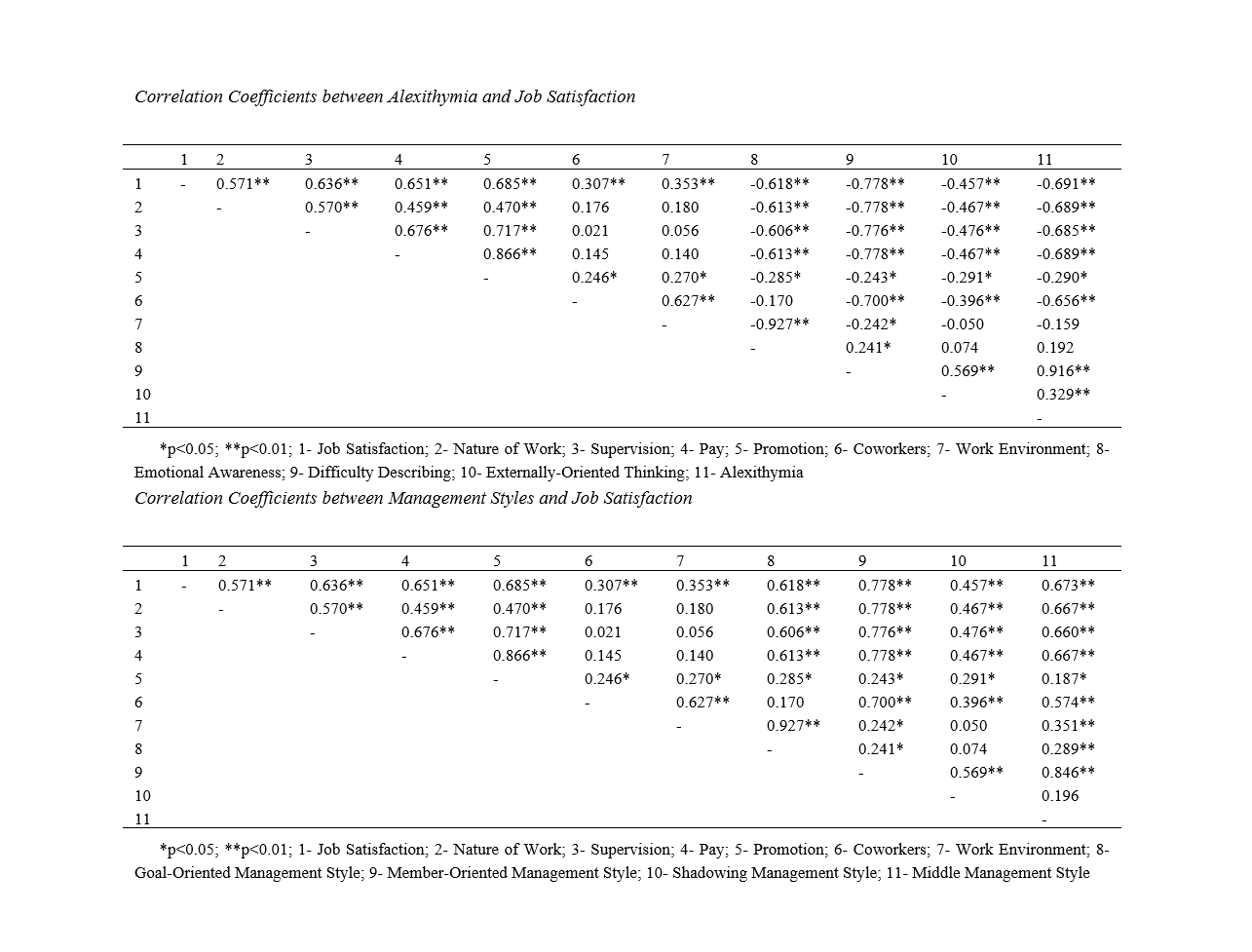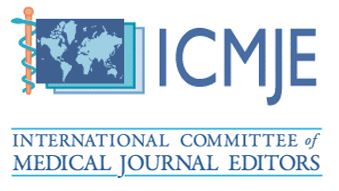Structural Modeling of Trust in Couples Affected by Infidelity Based on Emotional Schemas with the Mediation of Communication Patterns
Keywords:
Couples affected by infidelity, Emotional schemas, Communication patternsAbstract
Objective: Extramarital relationships are among the factors that challenge family health and are the most important threat to the performance, stability, and continuity of marital relationships. The purpose of this study was to model structurally the trust in couples affected by infidelity based on emotional schemas with the mediation of communication patterns.
Methods and Materials: The research design was correlational of the structural equation modeling type. The study population consisted of all couples affected by infidelity who attended counseling centers in the cities of Noushahr, Chalous, and Tonekabon from May to August 2021. The research sample comprised 300 individuals from among men and women affected by infidelity (240 women and 60 men) selected through convenience sampling. The research tools included the Emotional Schema Scale (ESS-P) by Leahy 2002, a 37-item version, the Communication Patterns Questionnaire, and the Trust Scale in Interpersonal Relationships. All analyses were performed using structural equation modeling with the assistance of SPSS26 and AMOS24 software. For analyzing mediating relationships, the bootstrap method in the Preacher and Hayes (2008) MACRO program was used.
Findings: The results showed that adaptive emotional schemas indirectly affected trust in couples affected by infidelity through the mediation of communication patterns (P<0.01).
Conclusion: The results of this study can provide useful intervention strategies for improving the communication patterns of couples and assessing their emotional schemas.
Downloads

Downloads
Additional Files
Published
Issue
Section
License
Copyright (c) 2024 Neda Miri, Mohammadreza Zarbakhsh Bahri, Shohreh Ghorban Shiroudi (Author)

This work is licensed under a Creative Commons Attribution-NonCommercial 4.0 International License.






































